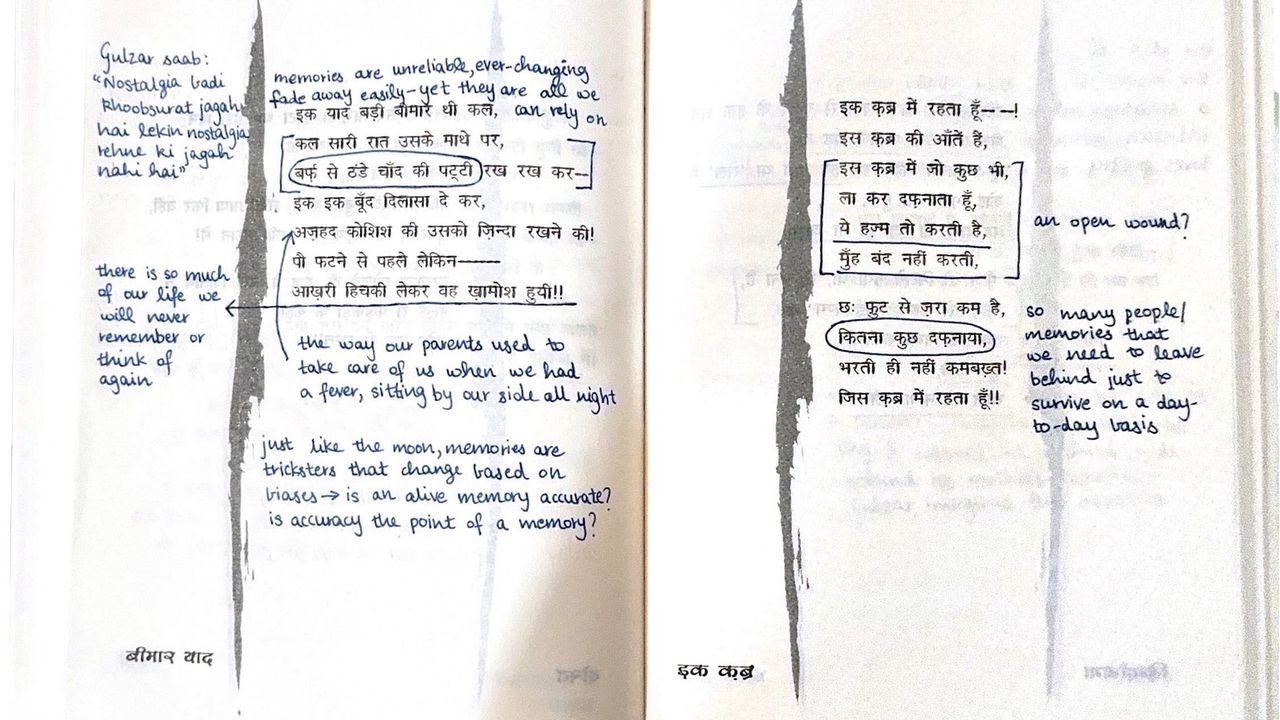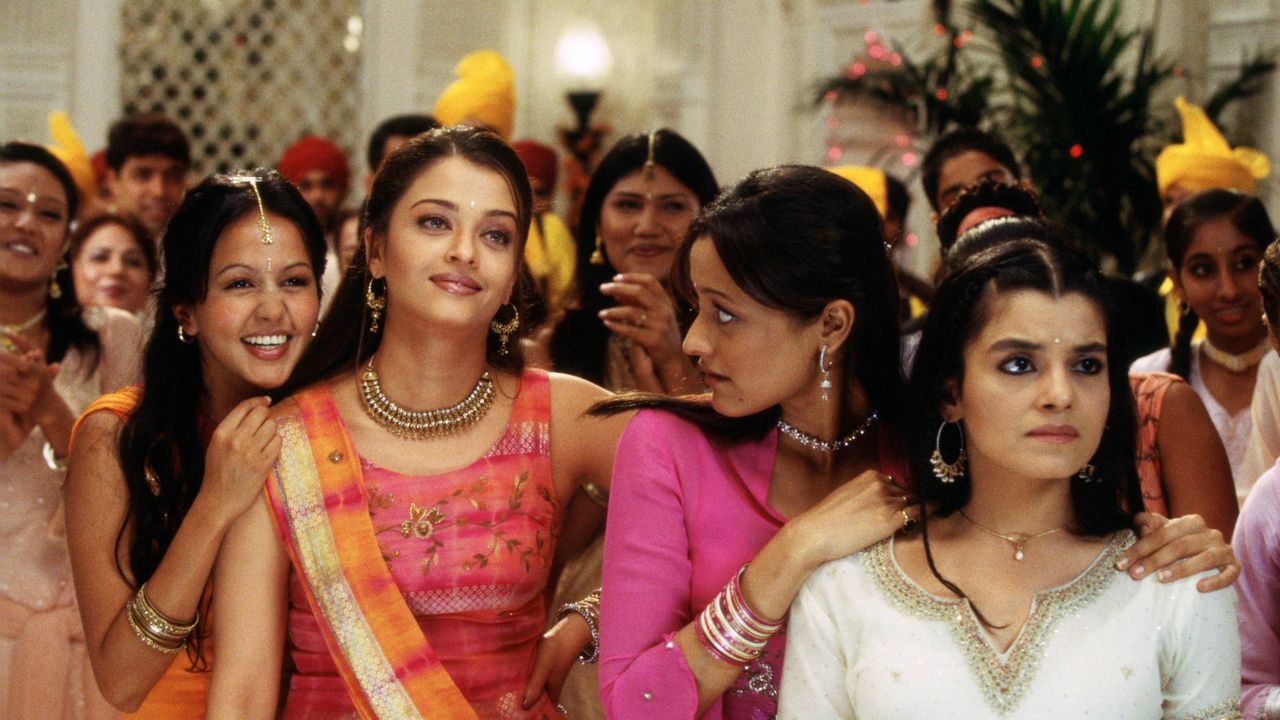Blog
Indian translations’ most loyal readers? Surprise, it’s Gen Z

For many young readers feeling distant from their native cultures, translated books offer a way back home. “The idea that people can access the cultures of their origin through a literary or cinematic lens is becoming more powerful,” says J. Devika, translator between English and Malayalam.
Unlike millennials, who equated English with upward mobility, Gen Z has a strong sense of ‘India pride.’ For them, reading a Malayalam classic or Bengali feminist fiction in English isn’t a niche hobby that earns them bragging rights. It’s the longing to know the mouthfeel of languages alien to them; languages that their grandparents perhaps spoke their entire lives. “For many of us who studied in English-medium institutions, English feels just as close as our native language. So reading the same book in both versions—first in English, then in the original—can help readers ease into the mother tongue, especially when they’re not entirely fluent, which is unfortunately not rare,” explains Bhasthi.
Closer to home, the boom in regional literature festivals has created thriving spaces for young Indians to discover and celebrate native-language storytelling. Conceived in 2022, Kerala’s Wayanad Literature Festival positions itself as India’s first rural literary celebration. The latest edition of Meghalaya’s Shillong Literary Festival aimed to highlight regional languages, particularly Khasi and Garo, which are still seeking constitutional recognition. In March 2025, Vidhan Soundha, the legislative chambers of Karnataka, opened its doors to the public for its first-ever book fair and cultural festival focused on Kannada books, which attracted over 150,000 readers.
“Reading in Tamil reminds me of the way people speak in my hometown and even small details like how families interact and festivals are celebrated,” says Saranya Dhandapani, a techie from Bangalore, highlighting the emotional proximity she feels towards Chennai when reading Tamil books. Chatterjee observes how, although the language to describe them may be different, the experiences regional authors write about are often universal. “An English translation of a book by Perumal Murugan, who originally writes in Tamil, depicts a mother-in-law upset over the bride’s spending, which is something we see in Bengal too.”












